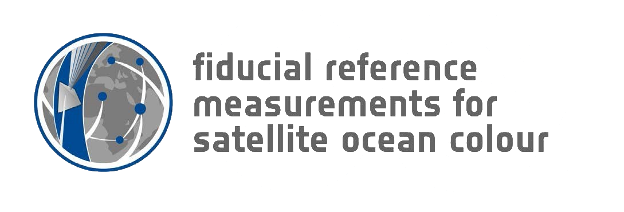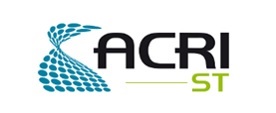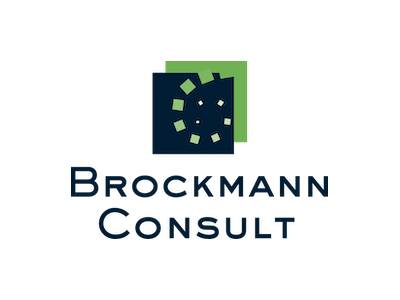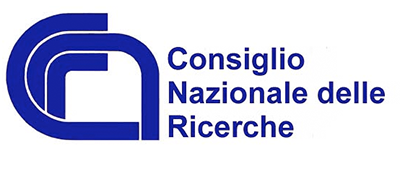In 2016 – 2019 the FRM4SOC (Fiducial Reference Measurements for Satellite Ocean Colour) project was funded by the European Space Agency (ESA) to improve ocean colour validation through a series of proof-of-concept tasks. These included developing measurement protocols and organising laboratory and field inter-comparisons by following the principles and guidelines endorsed by the Committee on Earth Observation Satellites (CEOS). In April 2021, the FRM4SOC phase 2 was launched by EUMETSAT. Studies of the FRM4SOC confirm that traceability of in situ measurements to the international system of units (SI) with related uncertainty evaluation is crucial in producing reliable remote sensing data for Ocean Colour. The goal of phase 2 is to build on the achievements of the first FRM4SOC study expanding the Copernicus FRM capabilities further and ensuring the adoption of FRM principles across the ocean colour community. The aim is to complete the required laboratory and field activities, started in phase 1, develop the tools, protocols, procedures, and datasets needed to set up the FRM network and demonstrate its operation.
This will be done through establishment of a network of radiometric measurements with the FRM certification. The phase-2 aim is to complete the required laboratory and field activities, which were started in phase-1, and to develop the tools, protocols, procedures and datasets needed to set up the network and demonstrate its operation. The network will start with the most common hand-deployed or stationary field radiometers, as identified in the FRM4SOC phase-1 study. The network will be based on the developed laboratory calibrations and characterizations (cal/char) and measurement protocols for these radiometers. The radiometers and their operators will have an FRM-certified cal/char status and a maintained history of calibrations and measurement deployments. The measurement protocols will be finalized, including initiation of protocols for complex waters. A community processor will be developed to process the radiometer data in a standardized way and to include detailed FRM uncertainty propagation and SI traceability. The study will also define a process for new radiometer and measurement certification as an FRM.
The project is funded by the European Commission and coordinated by EUMETSAT. The consortium is led by Tartu Observatory, University of Tartu (Estonia). Project partners are Brockmann Consult GmbH (Germany), Plymouth Marine Laboratory (United Kingdom), National Physical Laboratory (United Kingdom), ACRI-ST (France), and the Royal Belgian Institute of Natural Sciences.










